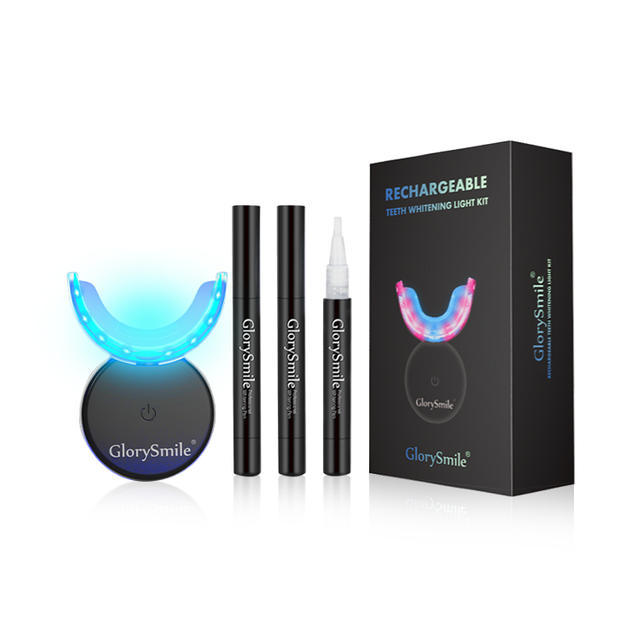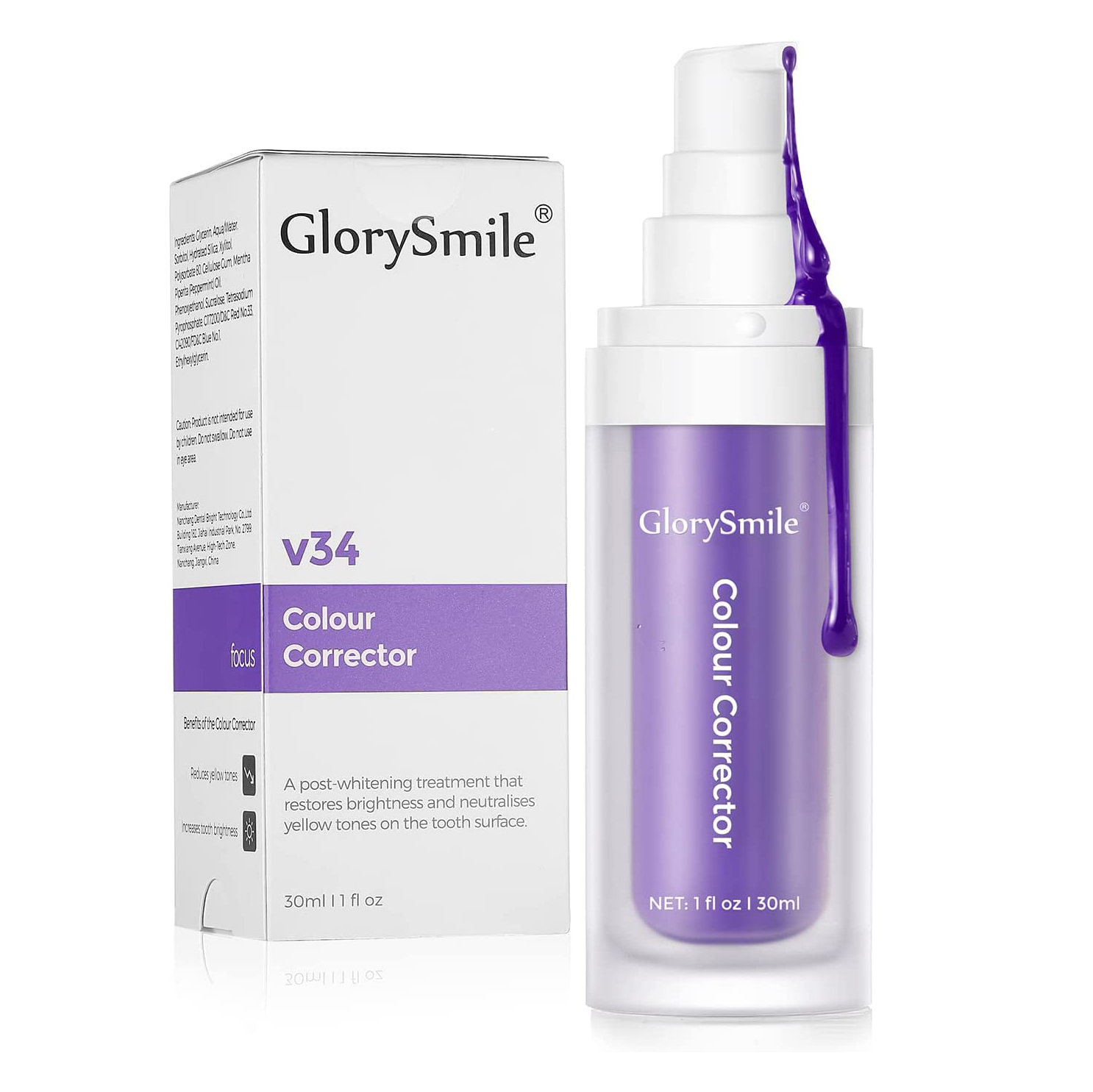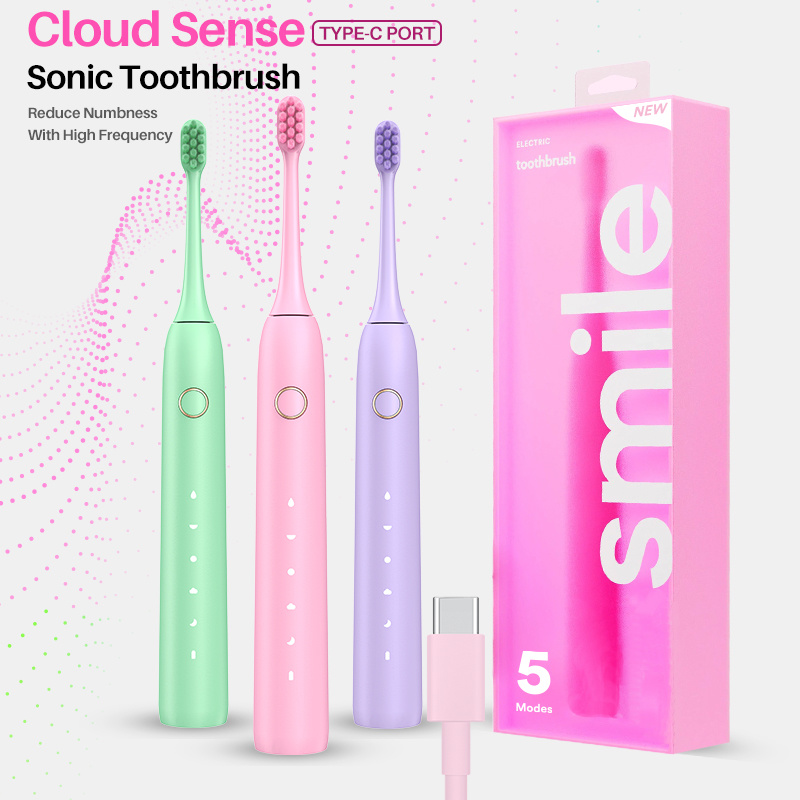17 YEARS MANUFACTURING EXPERIENCE
18
2025
-
07
Unlocking the Secrets of Teeth Whitening Toothpaste: A Guide for Professionals
Teeth whitening toothpaste has gained significant popularity among consumers seeking a brighter smile. Understanding its composition and functioning is essential for professionals in the personal care and oral hygiene sectors. This article delves into the key components, benefits, and best practices related to teeth whitening toothpaste, empowering you with the knowledge to better serve your custo
Teeth whitening toothpaste has gained significant popularity among consumers seeking a brighter smile. Understanding its composition and functioning is essential for professionals in the personal care and oral hygiene sectors. This article delves into the key components, benefits, and best practices related to teeth whitening toothpaste, empowering you with the knowledge to better serve your customers.
At the heart of teeth whitening toothpaste are abrasive agents and chemical compounds designed to remove surface stains. Commonly used abrasives include hydrated silica and calcium carbonate. These ingredients work by gently polishing the enamel and lifting stains caused by food, beverages, and tobacco. While effective, it is crucial to balance the abrasiveness to prevent enamel wear over time. Professionals should guide customers on the importance of not overusing whitening toothpaste to maintain long-term dental health.
In addition to abrasives, many whitening toothpastes contain chemical agents such as hydrogen peroxide or carbamide peroxide. These whitening agents penetrate the enamel and can help break down deeper stains, offering a more noticeable whitening effect. However, it is vital to note that the concentration of these agents in toothpaste is typically much lower than that found in professional whitening treatments, making them suitable for regular use without significant risk of sensitivity.
Another important aspect to highlight is the additional oral care benefits that often accompany teeth whitening toothpaste. Many formulations include fluoride, which aids in remineralizing enamel and protecting against cavities. Some products also incorporate natural ingredients like baking soda or activated charcoal, which are believed to enhance whitening effects while providing a fresh flavor.
To maximize the effectiveness of teeth whitening toothpaste, it is recommended to use it consistently as part of a daily oral care routine. Professionals should advise customers to brush twice a day, ensuring they cover all surfaces of the teeth for optimal results. Additionally, reminding customers to maintain regular dental check-ups can significantly enhance the overall health and aesthetics of their smiles.
In summary, teeth whitening toothpaste is an effective tool for achieving a brighter smile while also promoting oral hygiene. By understanding its components and benefits, professionals can better assist customers in making informed choices. Encouraging responsible use and maintaining regular dental care will help ensure that customers enjoy the best possible outcomes from their whitening efforts. As the demand for bright smiles continues to grow, being knowledgeable about teeth whitening toothpaste will position you as a trusted resource in the personal care industry.
At the heart of teeth whitening toothpaste are abrasive agents and chemical compounds designed to remove surface stains. Commonly used abrasives include hydrated silica and calcium carbonate. These ingredients work by gently polishing the enamel and lifting stains caused by food, beverages, and tobacco. While effective, it is crucial to balance the abrasiveness to prevent enamel wear over time. Professionals should guide customers on the importance of not overusing whitening toothpaste to maintain long-term dental health.
In addition to abrasives, many whitening toothpastes contain chemical agents such as hydrogen peroxide or carbamide peroxide. These whitening agents penetrate the enamel and can help break down deeper stains, offering a more noticeable whitening effect. However, it is vital to note that the concentration of these agents in toothpaste is typically much lower than that found in professional whitening treatments, making them suitable for regular use without significant risk of sensitivity.
Another important aspect to highlight is the additional oral care benefits that often accompany teeth whitening toothpaste. Many formulations include fluoride, which aids in remineralizing enamel and protecting against cavities. Some products also incorporate natural ingredients like baking soda or activated charcoal, which are believed to enhance whitening effects while providing a fresh flavor.
To maximize the effectiveness of teeth whitening toothpaste, it is recommended to use it consistently as part of a daily oral care routine. Professionals should advise customers to brush twice a day, ensuring they cover all surfaces of the teeth for optimal results. Additionally, reminding customers to maintain regular dental check-ups can significantly enhance the overall health and aesthetics of their smiles.
In summary, teeth whitening toothpaste is an effective tool for achieving a brighter smile while also promoting oral hygiene. By understanding its components and benefits, professionals can better assist customers in making informed choices. Encouraging responsible use and maintaining regular dental care will help ensure that customers enjoy the best possible outcomes from their whitening efforts. As the demand for bright smiles continues to grow, being knowledgeable about teeth whitening toothpaste will position you as a trusted resource in the personal care industry.
Related news
undefined
Related products
COMPANY
About Us
OEM Service
After-Sale: info@glorysmile.com
QUICK CONTACT
Makou Industrial Park, Yongxiu County, Jiujiang City, Jiangxi Province, China, 332000
+86 18279124913
Copyright © 2022 DENT(HK)LIMITED LTD SEO


 Language
Language










 +8618279124913
+8618279124913 helen.xiao@enjoywhite.com
helen.xiao@enjoywhite.com Message
Message 